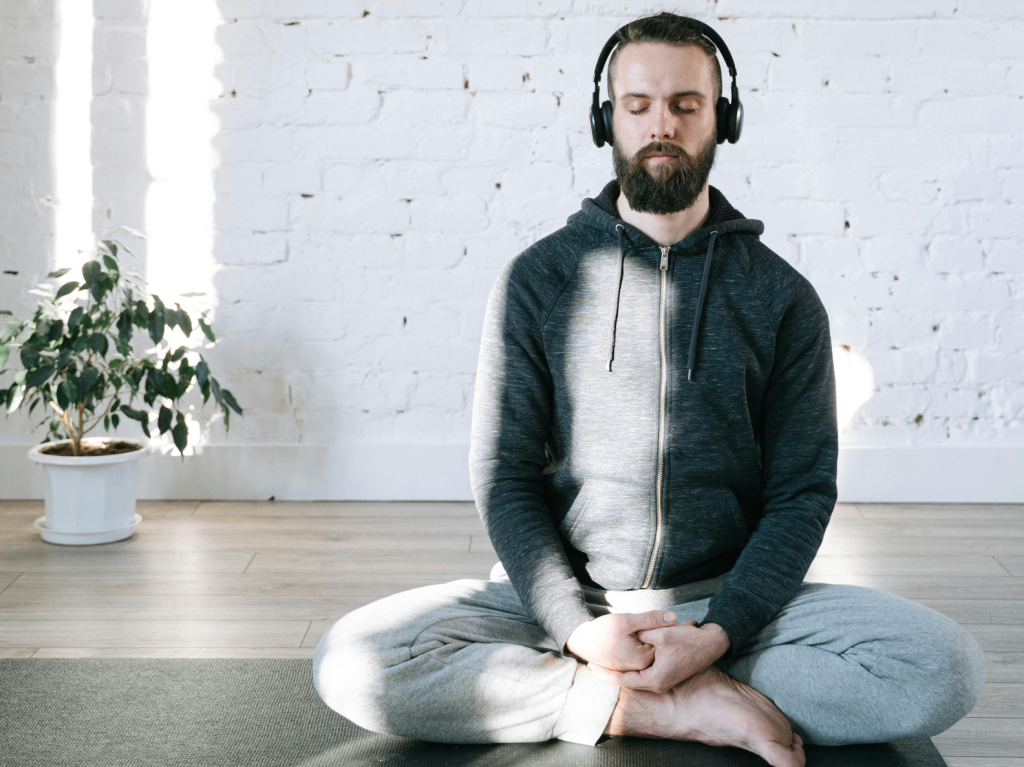Embracing Your Subconscious Mind
Apr 25, 2024 | 3 mins read
Wisconsin Hypnosis Center provides a path to wellness
WHAT COMES TO MIND WHEN YOU’RE ASKED TO THINK ABOUT HYPNOSIS?
Answers are sure to vary, and at some point often include the widely associated stage shows and silly acts for entertainment. And while that’s a fun portion of the art, there’s much more involved in the method that could easily be described as something not always immediately associated: logical.

Defined partly as “a state of human consciousness involving focused attention and reduced peripheral awareness,” it makes sense that hypnosis would have a perfectly appropriate place in one’s quest to reach a goal or accomplish the next level of success in whatever it is they choose.
In fact, in small ways, we use it every day. When we repeat something we want to remember, or when we’re driving our car on a familiar route, we’re in a hypnotic state. But we don’t realize it at the time, and the difference lies in learning how to choose certain states to see a positive result.
That’s where Jay Luck comes in. Now a master hypnosis and neuro-linguistic programming (NLP) practitioner, he was introduced to hypnosis accidentally, and its effectiveness initially surprised him.
“I met a (hypnotist) by accident. He asked what I wanted to change and I realized there was
something my wife said that bothered me. The next time my wife said it — I’m not saying I didn’t hear it or didn’t care — I didn’t feel the emotional shift,” he says. “I wasn’t looking to do hypnosis, but after that I knew how cool it really was.”
Wisconsin Hypnosis Center — with locations in Appleton and Green Bay — has been in business for 29 years and, more often than not, positive reactions much like his own are the rule, not the exception.
It’s similar for Wisconsin Hypnosis Center’s Hypnosis Assistant and Trainee, Angie Levens.
“The best thing about my job is I get to watch people fall in love with their amazingness that
they may not have realized existed,” she says. “(It) is all day every day at varying levels… hypnosis is an amazing way to tap into the best version of ourselves.”
WHY DOES HYPNOSIS WORK?
Jay explains that we tend to believe that our subconscious mind — that which is known for influencing feelings and actions — is in control. Habits, patterns and beliefs fall into this category, and when we feel stuck, we blame it for feeling compelled to do something we know we shouldn’t, like smoking.
“People who smoke have a pattern of believing cigarettes help reduce stress, it makes them look cool and a part of a group, things like that,” he says. “They think they’re stuck with cigarettes but really the subconscious brain hangs on to habits, patterns and beliefs because of the ‘benefit.’ They come to me and say, ‘I’m stuck, I can’t quit.”
He explains that in reality there’s always something underneath a habit that’s emotional in nature that is why the habit exists. Our subconscious mind hangs on to this, and thus a habit is born. To change the way our subconscious mind runs, Jay focuses on the client’s ability to succeed.
“They can have success with something that they haven’t had it with before. And then (they) fall in love with themselves enough to agree to follow tips and techniques I give them to help them change the habit. But they have to want to love themselves first.”
Jay offers free consultations at Wisconsin Hypnosis Center to determine if a potential client is right for hypnosis and to ensure they’re ready for success. He has each person watch an introductory video while answering questions like, “Why are you here?” “Are you sincere about solving your problem?” “Why is this time different?”
“One of the misconceptions out there is that if you go to a hypnotist you’re not in control,” he says. “I can’t make you do anything you don’t want to do. A client just has to want to come in and they have to want to have success.”
Jay provides private hypnosis sessions that also include classes, audio tracks, reading material and workshops. He says simply one session isn’t enough. Real change happens one-on-one with a client because he’s asking about what’s happening with them that day, and what they need at that particular time.
“Clients are just blown away with what can change. When they say, “Wow, that’s the best day for me — and I do get that every day.”
RESULTS VARY. Wisconsin Hypnosis Center teaches self-hypnosis. Jay and his team are not doctors. They do not diagnose mental health issues or medical conditions, and refer out people who may need those services.
CAN SELF-HYPNOSIS HELP YOU?
Jay explains the habits, patterns and beliefs he sees at Wisconsin Hypnosis Center that are often successfully treated with hypnosis:
- Weight loss
- Quit smoking
- Anger management
- Stress and anxiety
- Insomnia
- Procrastination and self-doubt
- Grief healing
- Fears and phobias
- Post-traumatic stress disorder (PTSD)